Researchers at the University of California - Riverside have discovered that bumble bees battling invasive Argentine ants at feeding sites may win individual fights but ultimately lose valuable foraging time, putting pressure on colonies already strained by habitat loss, disease, and pesticides. According to a recent study, when bumble bees come up against Argentine ants at feeding sites, they may win a direct confrontation but still return to the colony with less food. These encounters can leave bees with fewer resources even when they appear to come out ahead in a fight.
The study, which was conducted by a team of researchers led by David Rankin, found that bumble bees often avoid ant-occupied feeders and while their size helps them win one-on-one clashes, these encounters trigger prolonged aggression that keeps them from collecting food. "We were surprised to find that even though the bees won individual fights, they were still losing out in the long run," said Rankin. "The ants are able to occupy the feeders and prevent the bees from accessing the nectar, which is a critical resource for the bees."
The researchers used a combination of field observations and laboratory experiments to study the interactions between bumble bees and Argentine ants. They found that the ants were able to occupy the feeders and prevent the bees from accessing the nectar, which is a critical resource for the bees. The bees, on the other hand, were able to win individual fights against the ants, but these encounters triggered prolonged aggression that kept them from collecting food.
Bumble bees already deal with significant challenges from pesticide exposure, shrinking natural habitats, and disease, making it difficult for them to survive and thrive. The loss of foraging time due to conflicts with Argentine ants is just another challenge that they face. "The bees are already under a lot of stress, and this is just another thing that they have to deal with," said Rankin. "It's a big concern for the long-term survival of these colonies."
The study has significant implications for our understanding of the impact of invasive species on native ecosystems. Argentine ants are an invasive species that have been introduced to many parts of the world, including the United States. They are known to outcompete native species for resources and can have a significant impact on the ecosystem. The study suggests that the loss of foraging time due to conflicts with Argentine ants is just one of the many ways in which invasive species can impact native ecosystems.
The researchers are now working to develop strategies to mitigate the impact of Argentine ants on bumble bee colonies. They are exploring the use of artificial feeders that can be designed to exclude ants, as well as other methods to reduce the impact of ant-bee conflicts. "We are working to develop solutions that can help the bees and reduce the impact of the ants," said Rankin. "It's a complex problem, but we are hopeful that we can find ways to mitigate the impact of the ants on the bees."
The study was published in a recent issue of the journal Science News and is available online. The researchers are now working to share their findings with policymakers and conservationists in the hopes of developing strategies to protect bumble bee colonies from the impacts of invasive species.
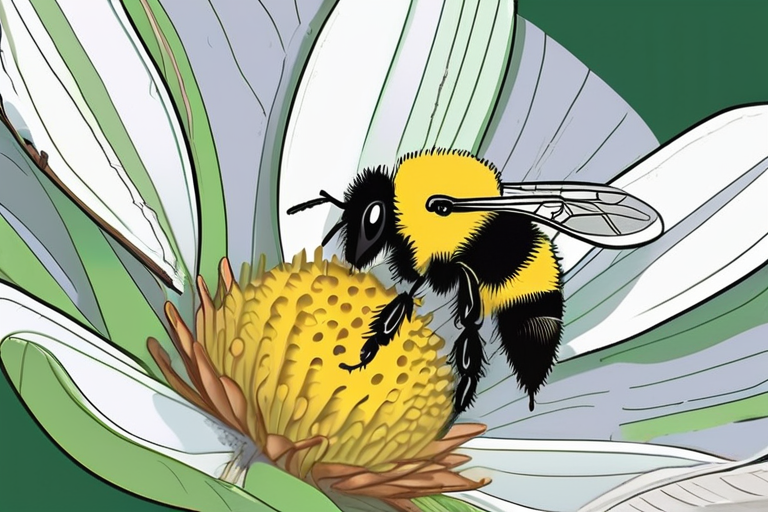


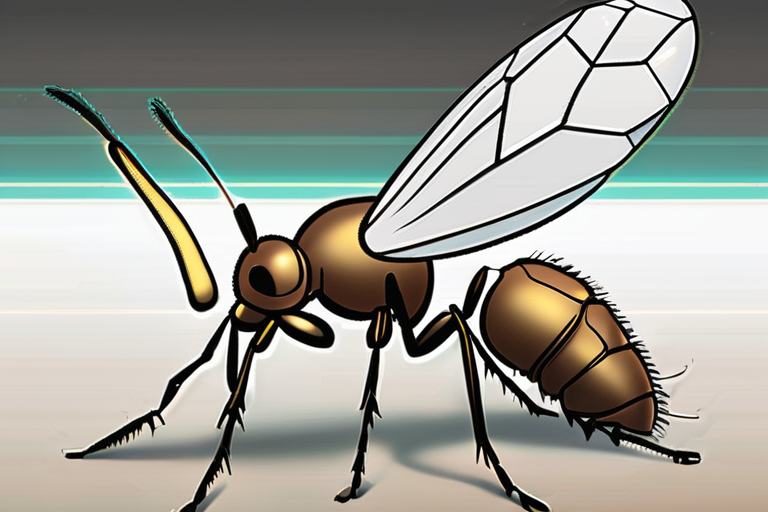
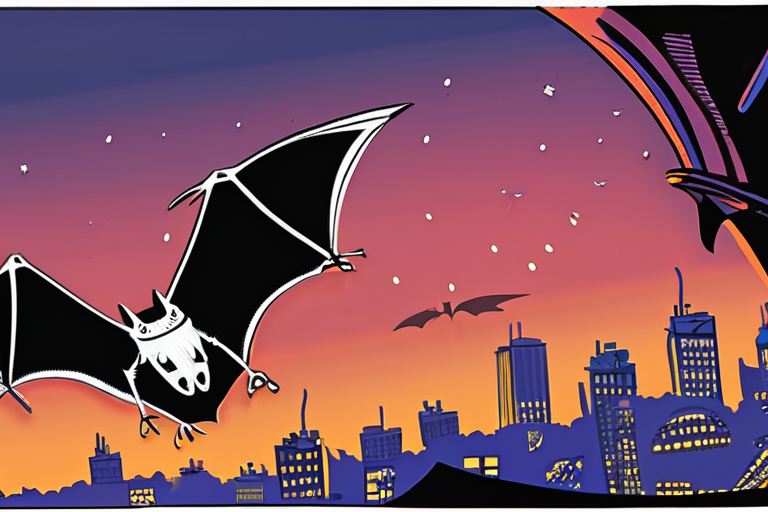

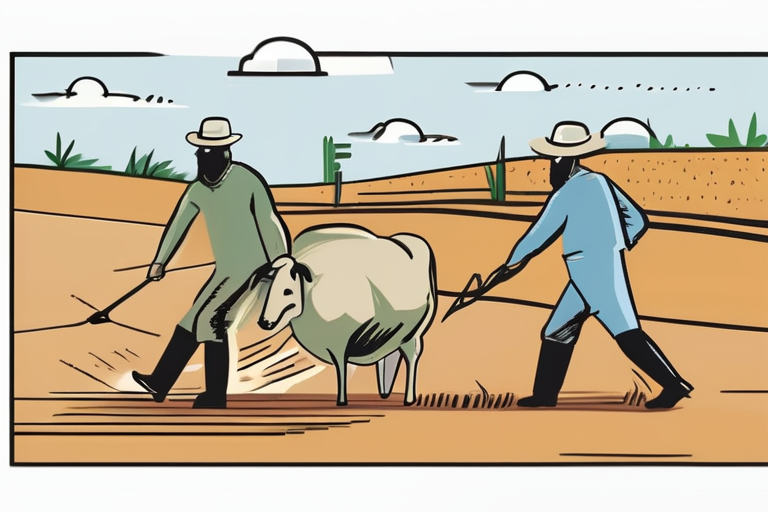

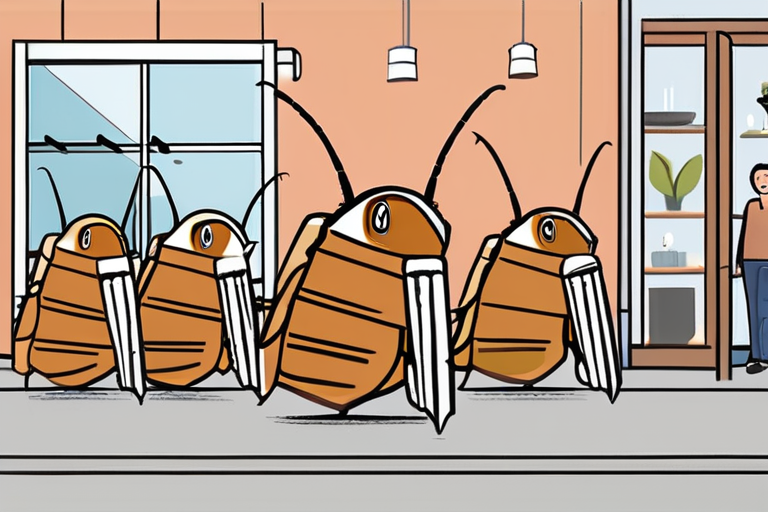

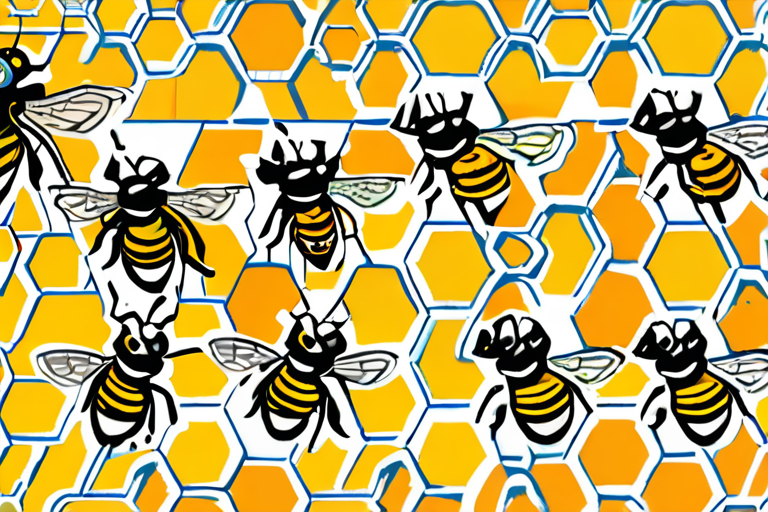
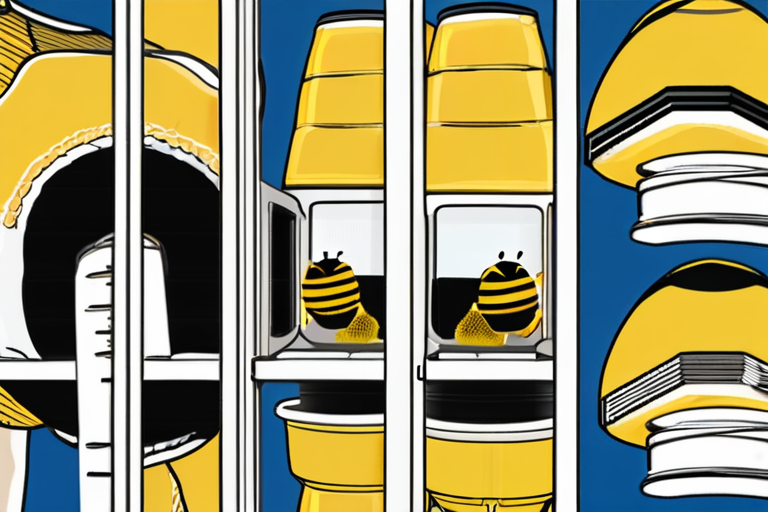
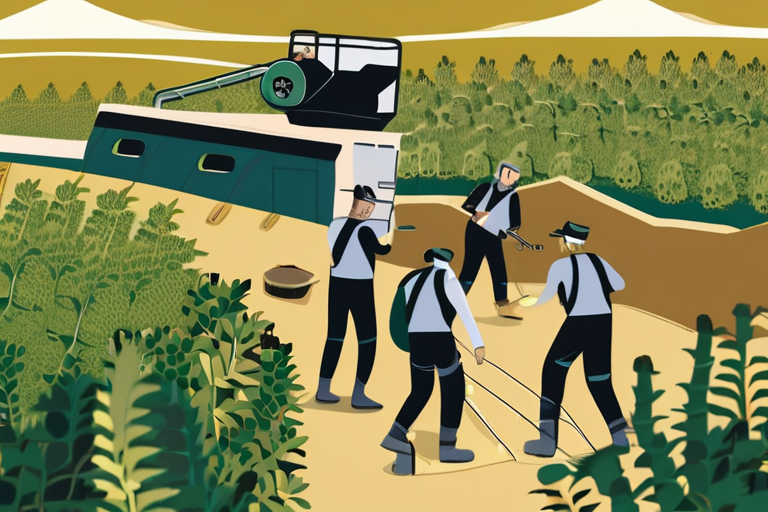
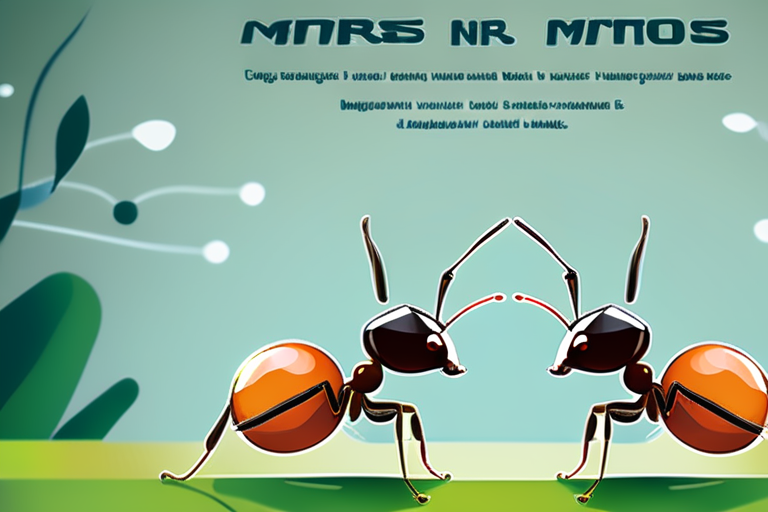


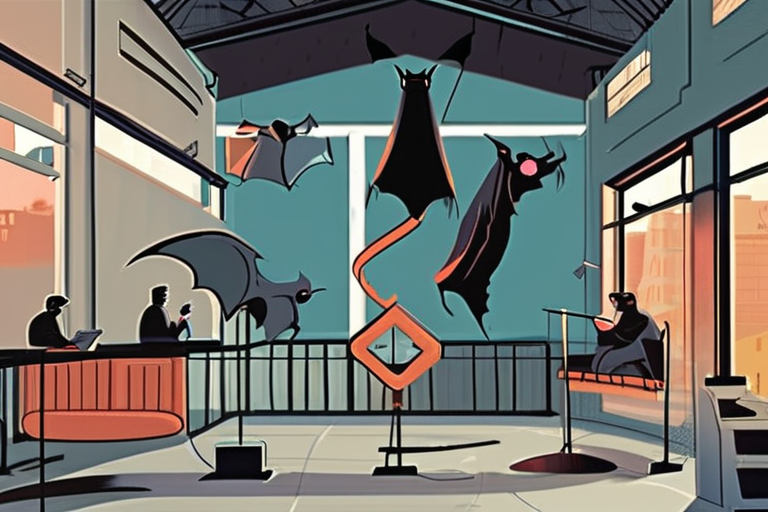


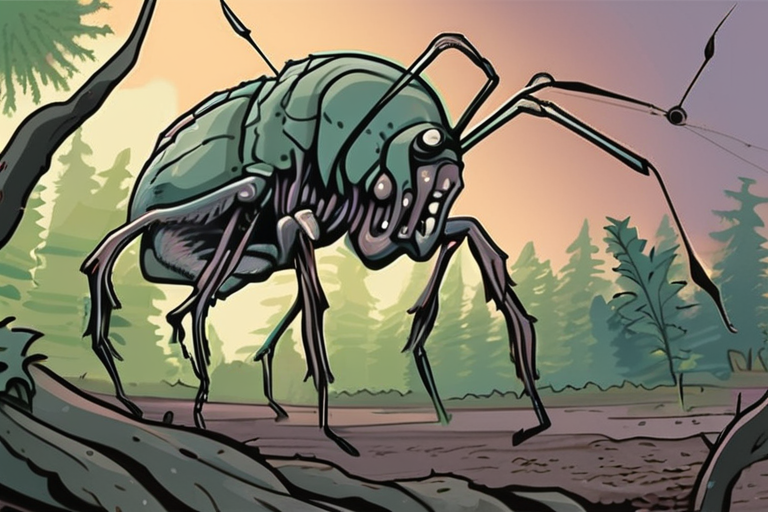
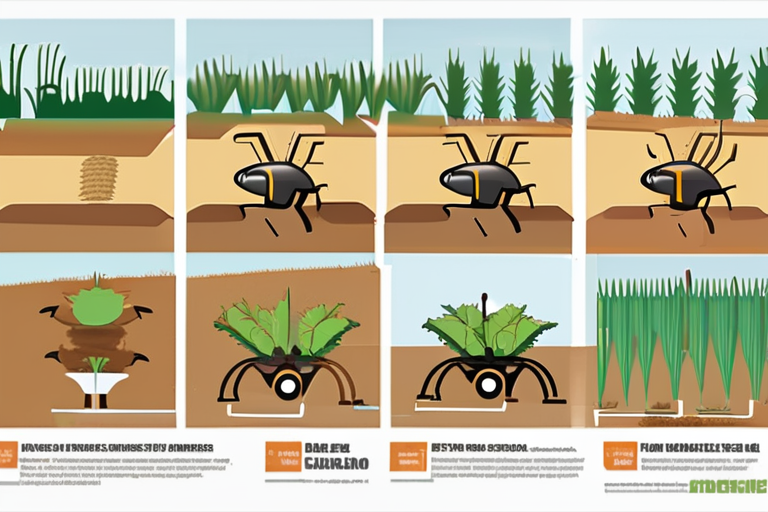

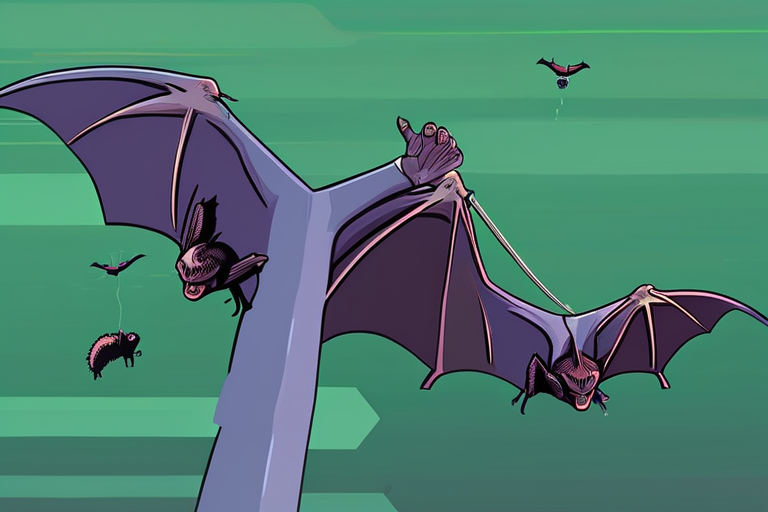
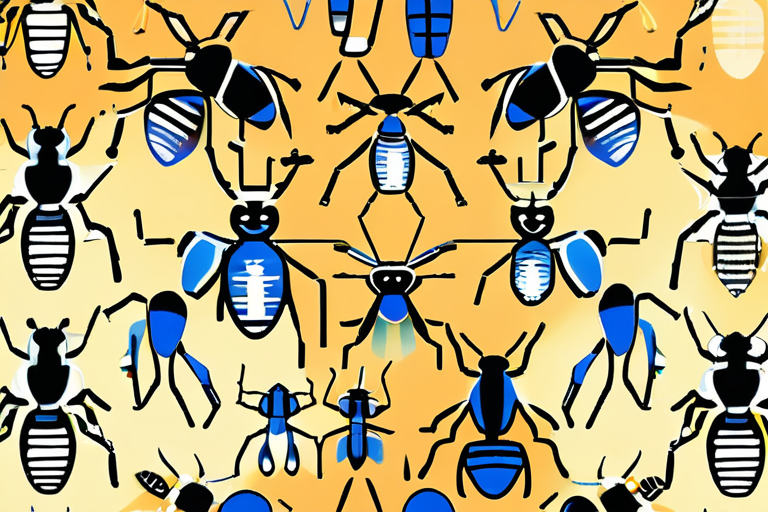
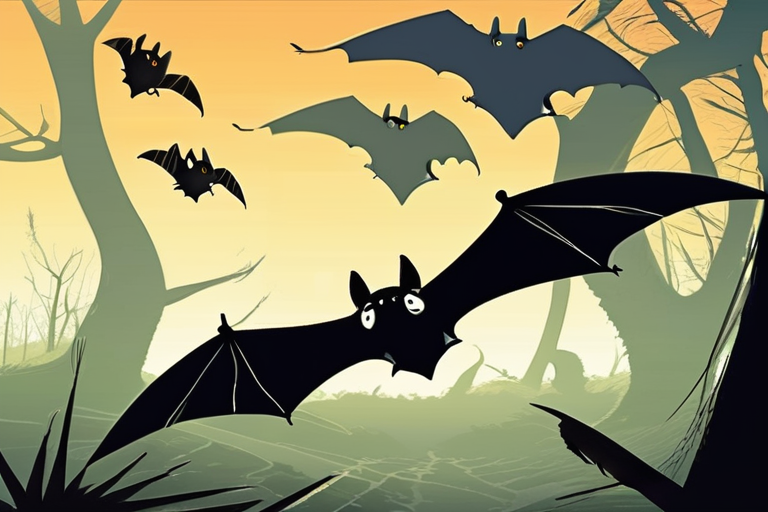

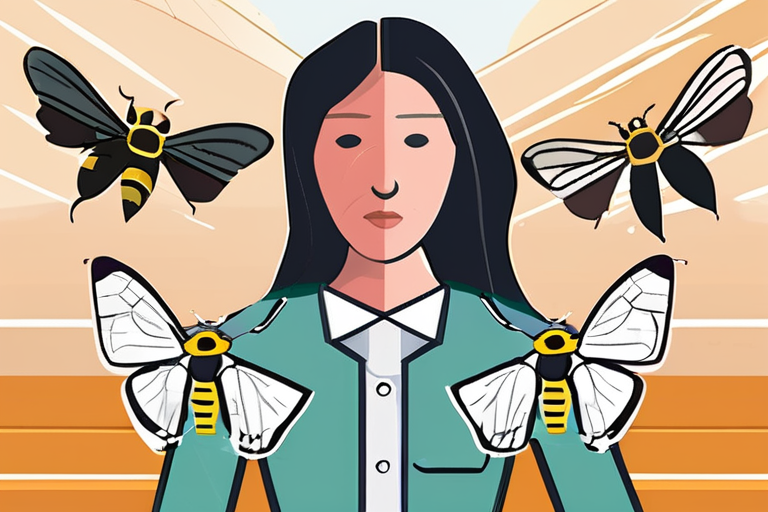
Share & Engage Share
Share this article